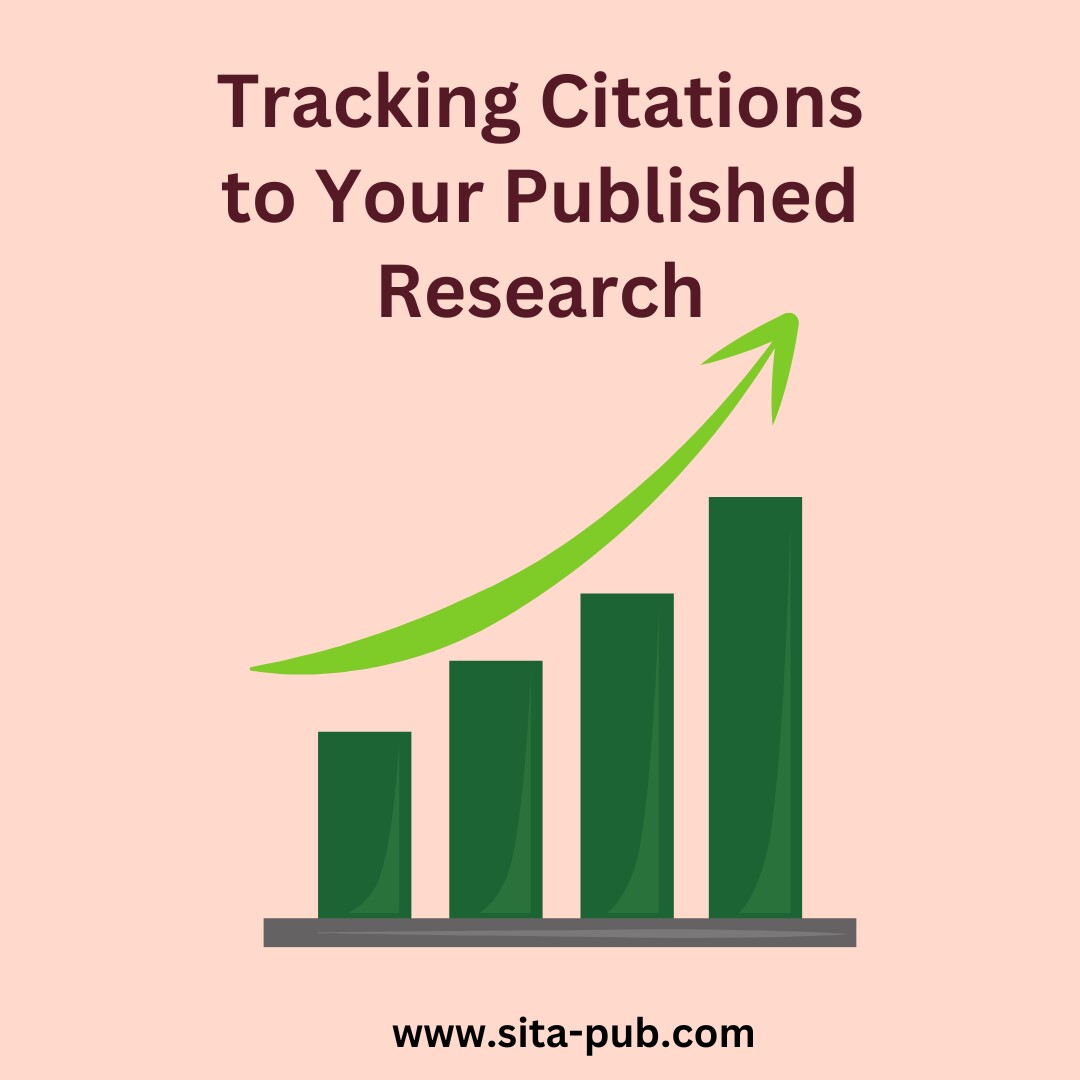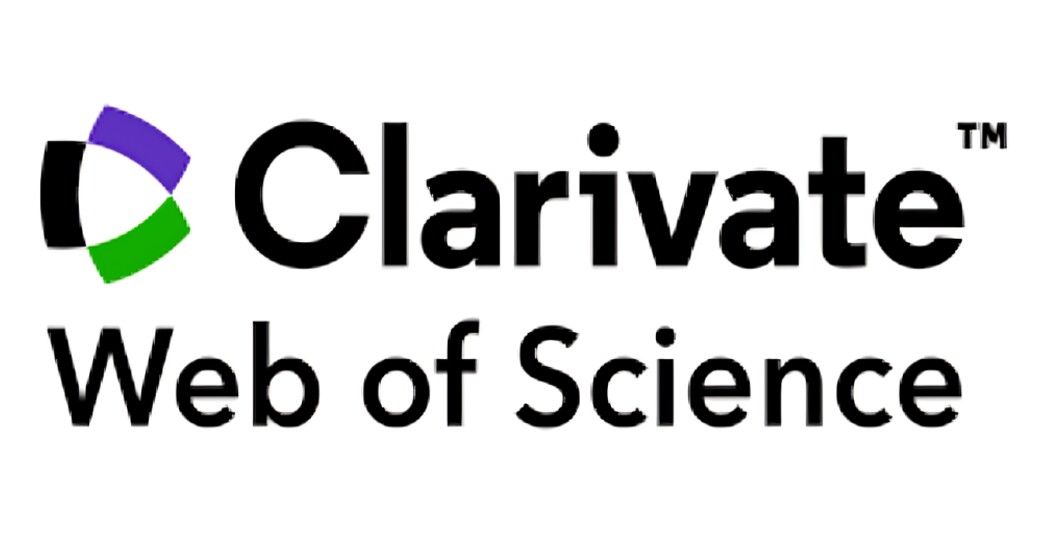Tracking Citations to Your Published Research


We have several powerful tools available to help you monitor and analyze the citations to your publications, including Google Scholar, Scopus, and Web of Science. Each one offers unique features and capabilities that can provide valuable insights into the scholarly recognition of your work. In the following sections, we will explore the main functionalities of Google Scholar, Scopus, and Web of Science and how you can leverage them to effectively track citations to your published research.
The Web of Science (WoS) is a comprehensive citation database maintained by Clarivate Analytics. It provides access to multiple citation indices, including the Science Citation Index Expanded, the Social Sciences Citation Index, and the Arts & Humanities Citation Index.

To track citations to your published work on Web of Science:
Go to the Web of Science website and sign in using your institutional credentials, if available.
On the homepage, click the "Search" tab and select "Author Search".
Enter your full name or unique researcher ID (such as ORCID) in the search field. You may need to refine your search by adding details like your institution or research field.
The results will display a list of your published works indexed in the WoS database, along with the number of times each publication has been cited.
Click on the "Cited References" link below each publication to see the articles that have cited your work.
You can also view citation metrics for your overall body of work, such as your total citation count, h-index, and average citations per item.
To stay up-to-date on new citations, you can set up citation alerts that will notify you whenever your publications are cited in new WoS-indexed articles.
Google Scholar is a free, publicly accessible search engine that indexes scholarly literature from a wide range of sources, including academic journals, conference proceedings, books, and dissertations.

To track citations to your published work on Google Scholar:
Go to the Google Scholar website and click on the "My Profile" link in the top-right corner.
If you don't have a Google Scholar profile yet, you can create one by clicking "Add me to Google Scholar" and following the instructions to claim your publications.
Once your profile is set up, you can view the total number of citations to your published works, as well as citation metrics like your h-index and i10-index.
To see the specific articles that have cited your publications, click on the "Cited by" link under each of your listed works.
Google Scholar also allows you to set up citation alerts, which will send you email notifications whenever new articles cite your published research.
Both Web of Science and Google Scholar offer powerful tools for tracking citations to your work, but they have different strengths and coverage. By using a combination of these resources, you can gain a more comprehensive understanding of the impact and influence of your published research over time
Scopus is a large abstract and citation database of peer-reviewed literature, owned by Elsevier. It covers a wide range of academic disciplines, including science, technology, medicine, social sciences, and the arts and humanities.

To track citations to your published work on Scopus:
Go to the Scopus website and click on the "Search" tab.
In the search bar, enter your full name or your unique researcher ID (such as ORCID). You can also search by your affiliation or specific keywords.
The search results will display a list of your published works indexed in the Scopus database, along with the number of times each publication has been cited.
Click on the title of a specific publication to view the citation details, including the list of articles that have cited your work.
On the author profile page, you can view metrics such as your total number of citations, h-index, and citation count per year.
Scopus also allows you to set up citation alerts, which will notify you whenever new articles cite your published research.
Are you looking to increase the number of citations to your scholarly publications?
Our citation booster services can help amplify the visibility and impact of your research.
Our team of experts will leverage advanced techniques to identify opportunities for growing your citations across leading academic databases like Google Scholar, Scopus, and Web of Science. We'll provide detailed reports on your citation metrics and implement targeted strategies to boost your overall citation count.
By partnering with our citation booster services, you can elevate your academic profile, strengthen your funding and tenure prospects, and contribute greatly to your field of study.
If you have any questions, inquiries, or would like to learn more about our services, please don't hesitate to reach out to us. Our dedicated team is ready to assist you.